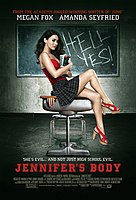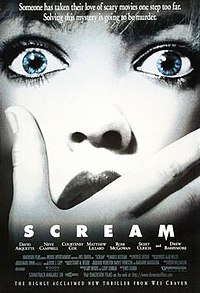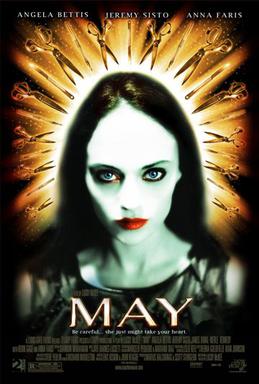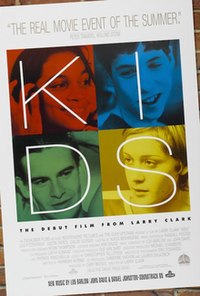Lists


2 Books
boox
Sort by:
Recent Desc
More lists by @



HØRRØRZ
List includes: Jennifer's Body, Scream, May
June 2022
0
@bunnybird



my17yo me favs
List includes: That '70s Show, Gossip Girl, The Vampire Diaries
June 2022
0
@bunnybird



Jap☆movies
List includes: aoi haru, Drowning Love, Men's Egg Drummers
June 2022
0
@bunnybird



Anemie
List includes: Charcoal Feather Federation, Elfen Lied, Serial Experiments Lain
June 2022
0
@bunnybird



REALITY SHOWZ
List includes: America's Next Top Model, Jersey Shore, Flavor of Love
June 2022
0
@bunnybird


SHOWz
List includes: Gossip Girl, Degrassi: The Next Generation, Breaking Bad
June 2022
0
@bunnybird


Jap drama
List includes: Ikebukuro West Gate Park, For You in Full Blossom: Ikemen Paradise
June 2022
0
@bunnybird



CømfyMøv!y
List includes: Kids, Gummo, Lilya 4-Ever
June 2022
0
@bunnybird

ed
List includes: Just Ate
February 2022
0
@bunnybird